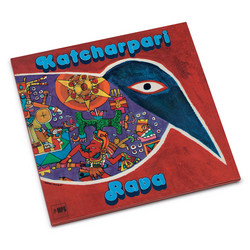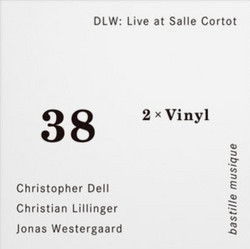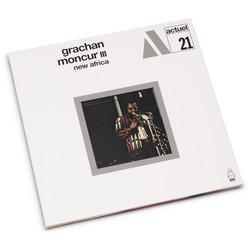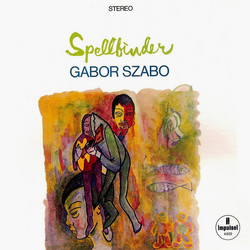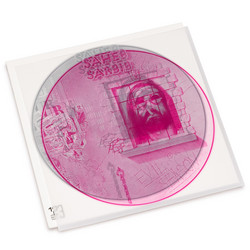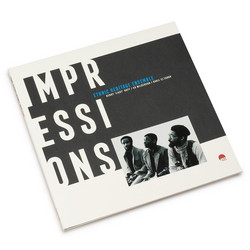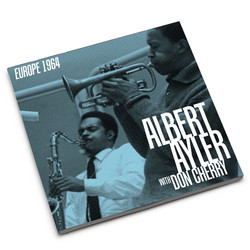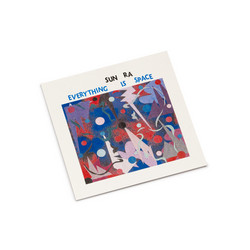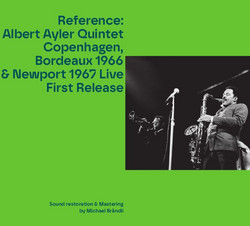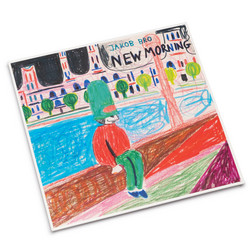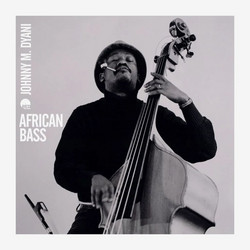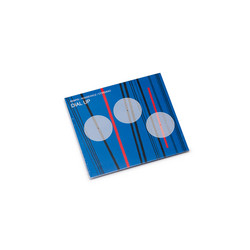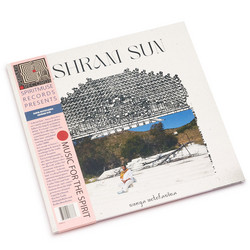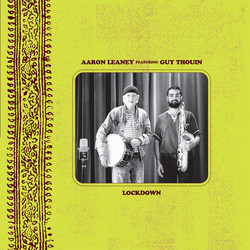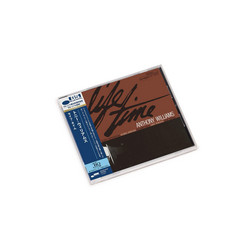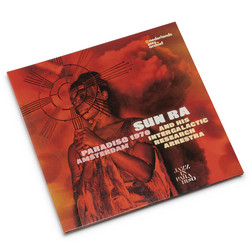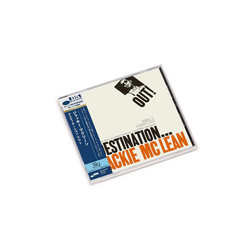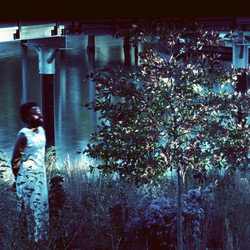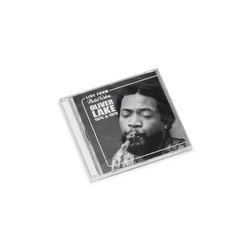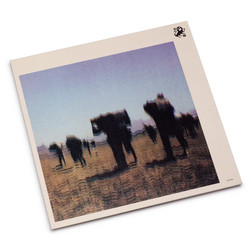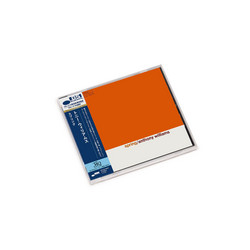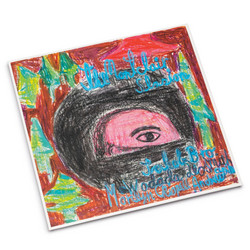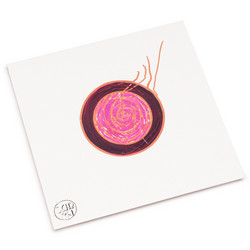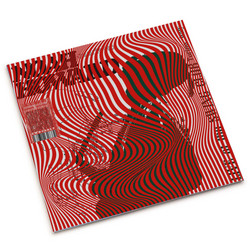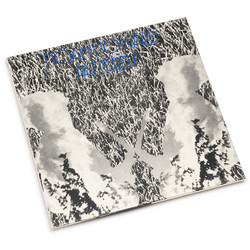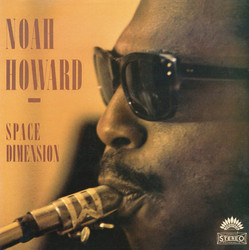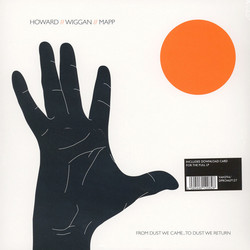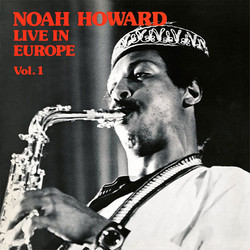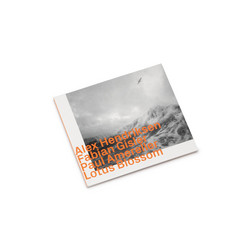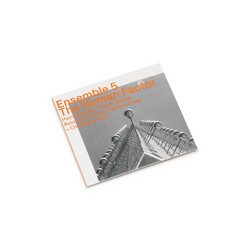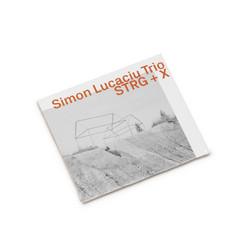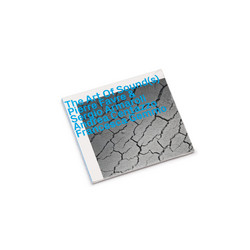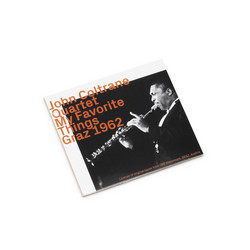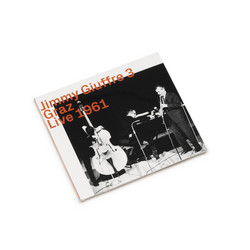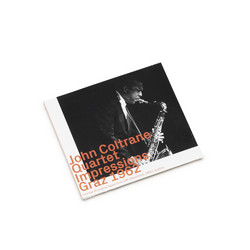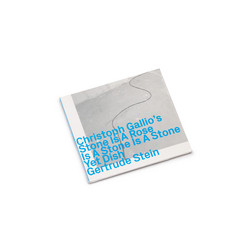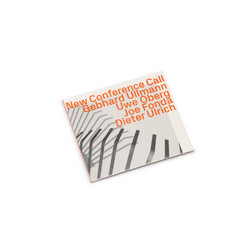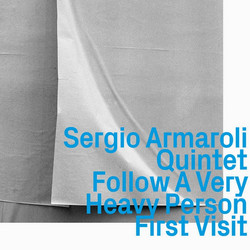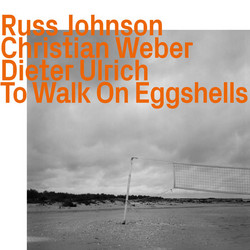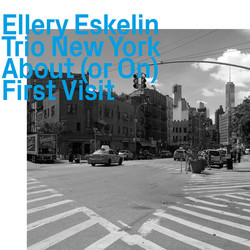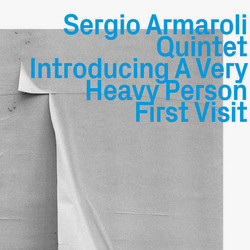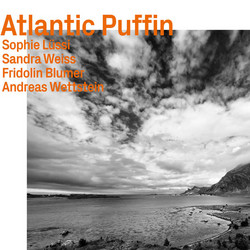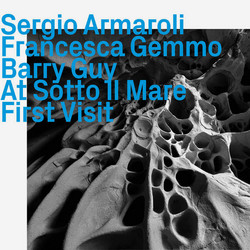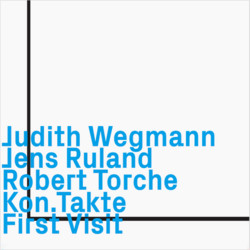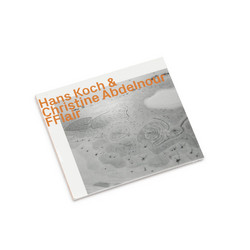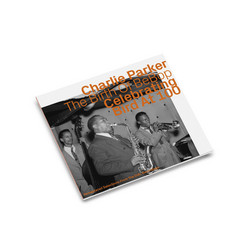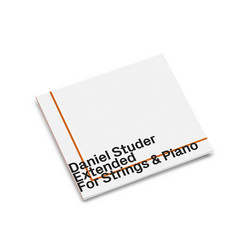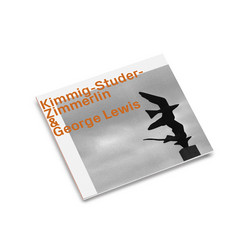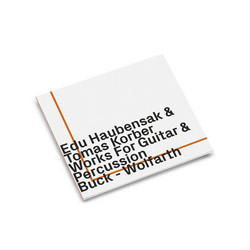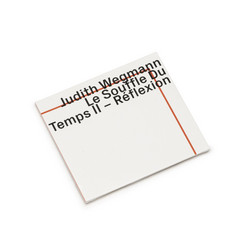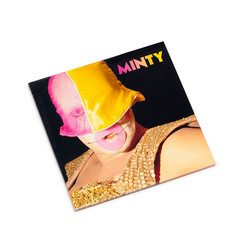Noah Howard
Quartet to At Judson Hall "Revisited"
Temporary Super Offer! By 1966, the first wave of free jazz had established the foundation upon which this radically generated music could be understood and personalized, shared as a communal activity and still invested with significant singular characteristics. Ornette Coleman, Cecil Taylor, John Coltrane, Sun Ra, and Albert Ayler rep-resented the “establishment,” the stylistically varied and manifestly recognizable voices whose recordings spread the possibilities of sound exploration and distinctive forms of expression around the world. But it frequently requires the direct influence and interaction of a local scene to expand the parameters of creativity, to develop the potency of an individual perspective. Hence these, the debut recordings of Noah Howard.
Howard’s musical odyssey began in New Orleans, where he was born in 1941, indoctrinated in the sounds of the Southern church, the blues, and the multifaceted popular styles that energize the Crescent City including r&b and the jazz of Louis Armstrong, Duke Ellington, and Charlie Parker. He started playing saxophone and trumpet, joined the armed forces in 1960, and relocated to the West Coast after two years in the service, where, after hearing John Coltrane on record, he connected with trumpeter Dewey Johnson and saxophonists Byron Allen and Sonny Simmons. His 1965 move to New York brought him into a larger circle of like-minded musicians, initiated by a stint in the Sun Ra Arkestra, and a friend-ship with Albert Ayler. But equally valuable were the informal sessions centered around the Cooper Square building where critic and poet Amiri Baraka, saxophonists Archie Shepp and Marion Brown lived, as well as Slugs’, a club in the East Village.
The quartet recording here, from January 1966, documents Howard’s first “working band” and reflects the impetus of the specific time and place, albeit from the reconsidered point-of-view of a second generation of freethinkers.
Tracks 1 to 4 recorded in January 1966, New York City. Tracks 5 + 6 reccorded at Judson Hall on October 19, 1966. Made in Switzerland Gatefold digisleeve.

